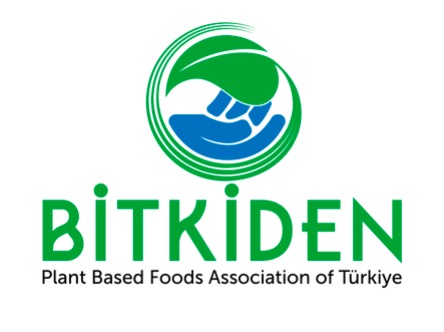The Mediterranean Diet ranks first in US News & World Report’s best diets ranking, followed by the DASH and flexitarian diets. The list is determined by dietitians, academics, and doctors specializing in diabetes, heart health, and weight management, based on the diet’s overall health benefits, weight loss potential, feasibility, nutritional value, and safety criteria. The biggest commonality among the diets that have consistently ranked in the top three over the years is an increase in the proportion of plant-based foods on the table.
Various nutritional approaches stand out for those who want to adopt healthy lifestyles. The Mediterranean, DASH, and flexitarian diets offer different but complementary nutritional approaches for those who want to adopt healthy lifestyles. The Mediterranean Diet is based on fresh vegetables and fruits, whole grains, healthy fats (especially olive oil), and moderate amounts of fish, poultry, and dairy products. In contrast, the DASH Diet emphasizes low sodium, plenty of fruits, vegetables, whole grains, and lean proteins. The Flexitarian Diet offers a more flexible approach, based on plant-based foods, with occasional moderate amounts of meat and animal products. It is an ideal choice for those seeking an environmentally friendly and sustainable eating model. While these three diets offer different paths to healthy living, they all promote balanced, nutritious, and sustainable eating habits.
The common feature of the top three diets selected by experts worldwide is the increased consumption of plant-based foods. As in developed markets such as the US, EU, and Australia, new plant-based foods are appearing on shelves in Turkey every day. Emphasizing that plant-based foods can benefit both public health and the economy, Ebru Akdağ, Chair of the Board of Directors at BİTKİDEN, says, “Turkey can achieve new gains by combining the flexitarian diet trend with its rich endemic plant diversity. Those who focus on flexitarians can set sail for a market that is 10 times larger.”
“Flexitarian eating has multiple advantages”
The growing interest in plant-based foods is of great importance in terms of both individual health and environmental sustainability. Ebru Akdağ explains that flexitarian eating promotes a healthy lifestyle and contributes to planetary health by increasing the availability of low-carbon footprint products, adding: “Actually, being flexitarian is about adding new food groups to your diet rather than completely eliminating them. This is not a trend; it is a healthy and environmentally conscious lifestyle. Sustainable healthy eating should be personal. With flexitarian eating, you can tailor it to your own lifestyle and pace, discovering more alternatives. This allows for a less stressful and more easily achievable journey.”
“Those focusing on flexitarians are tapping into a market 10 times larger”
Ebru Akdağ says, “Contrary to popular belief, the main target consumer group for plant-based foods is not vegans or vegetarians, but Mediterranean-style eaters and flexitarians,” adding: “Because flexitarians make up nearly half of consumers in many countries and purchase most plant-based products. Therefore, focusing on flexitarians rather than the niche vegan consumer group offers the opportunity to sail into a market that is 10 times larger.”
Flexitarians represent the fastest-growing demographic compared to both vegan and vegetarian diets. Interest in flexitarian eating supports plant-based innovations in the food industry, enabling broader audiences to adopt healthy and environmentally friendly eating habits.
“With the right strategies, the flexitarian consumer market can expand”
Akdağ states that by implementing the right strategies, retailers, brands, manufacturers, food service businesses, and the media can effectively capture the rapidly growing flexitarian consumer market and thereby support the transition to sustainable and ethical eating habits.
Akdağ summarizes his recommendations as follows, noting that attracting flexitarian consumers to plant-based foods requires a multifaceted approach:
“Retailers can highlight plant-based products through strategic placement, signage, and promotions. They can increase sales by offering high-quality plant-based products at competitive prices that suit the preferences of flexitarian consumers. Brands and manufacturers can develop plant-based products that resemble traditional tastes and textures to appeal to a wider audience. They can prioritize taste and texture in product formulation while maintaining nutritional value and ingredient transparency. Food service providers such as restaurants and catering companies can encourage wider consumer adoption by integrating plant-based options into their main menus and offering price parity. The media can also raise public awareness about the benefits of flexitarian eating.”

